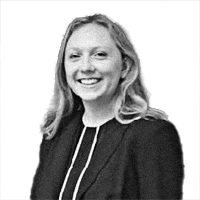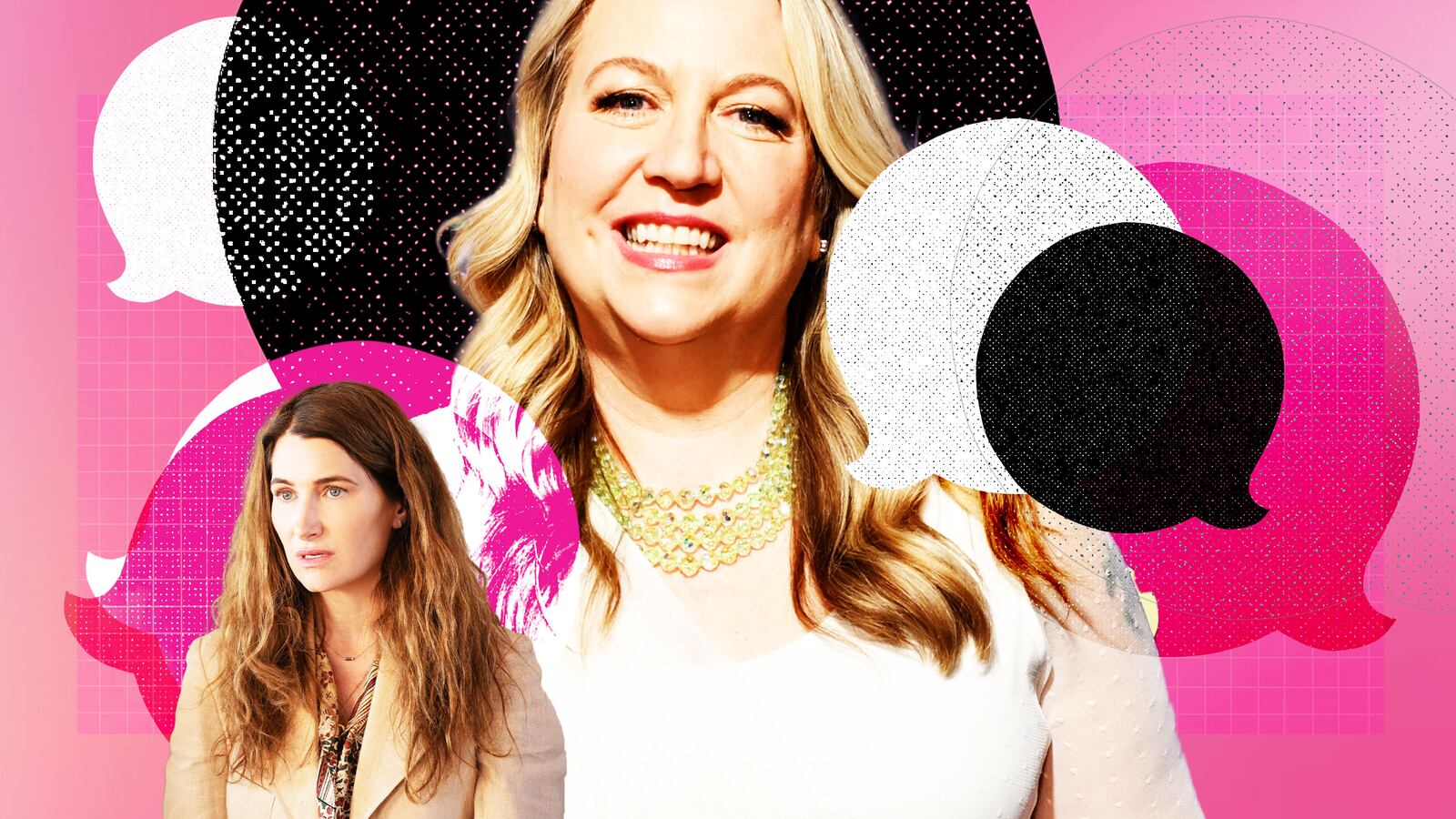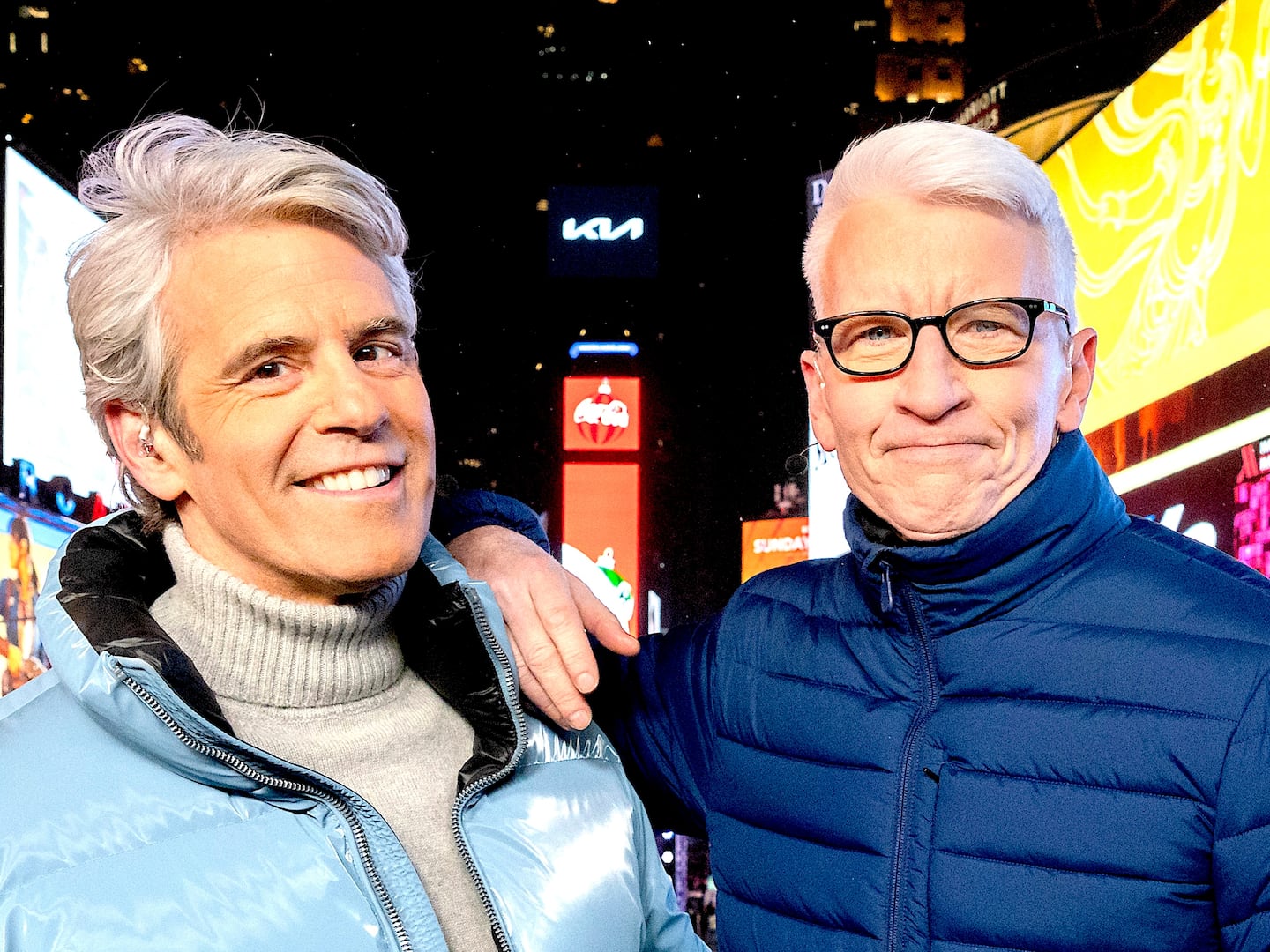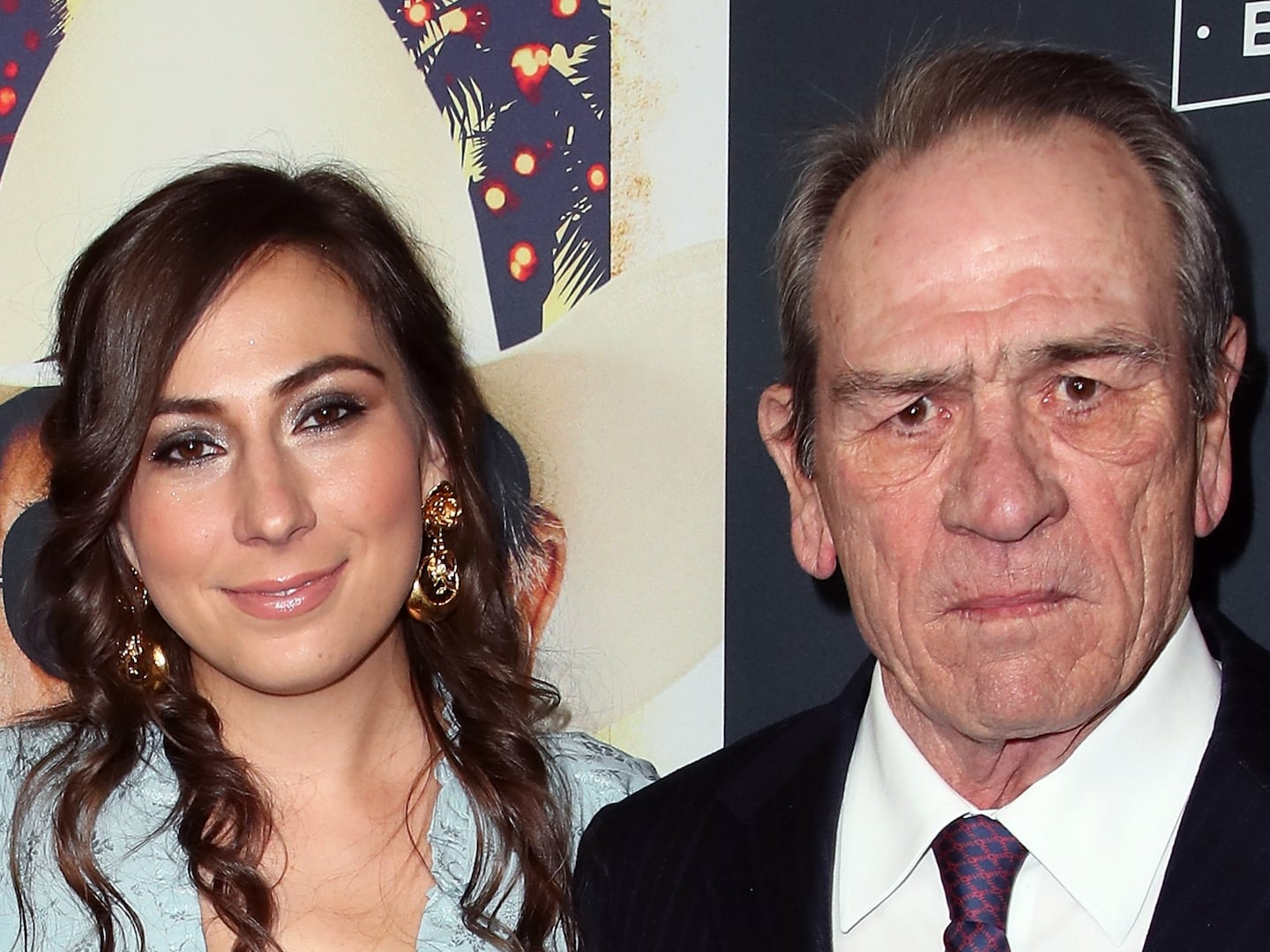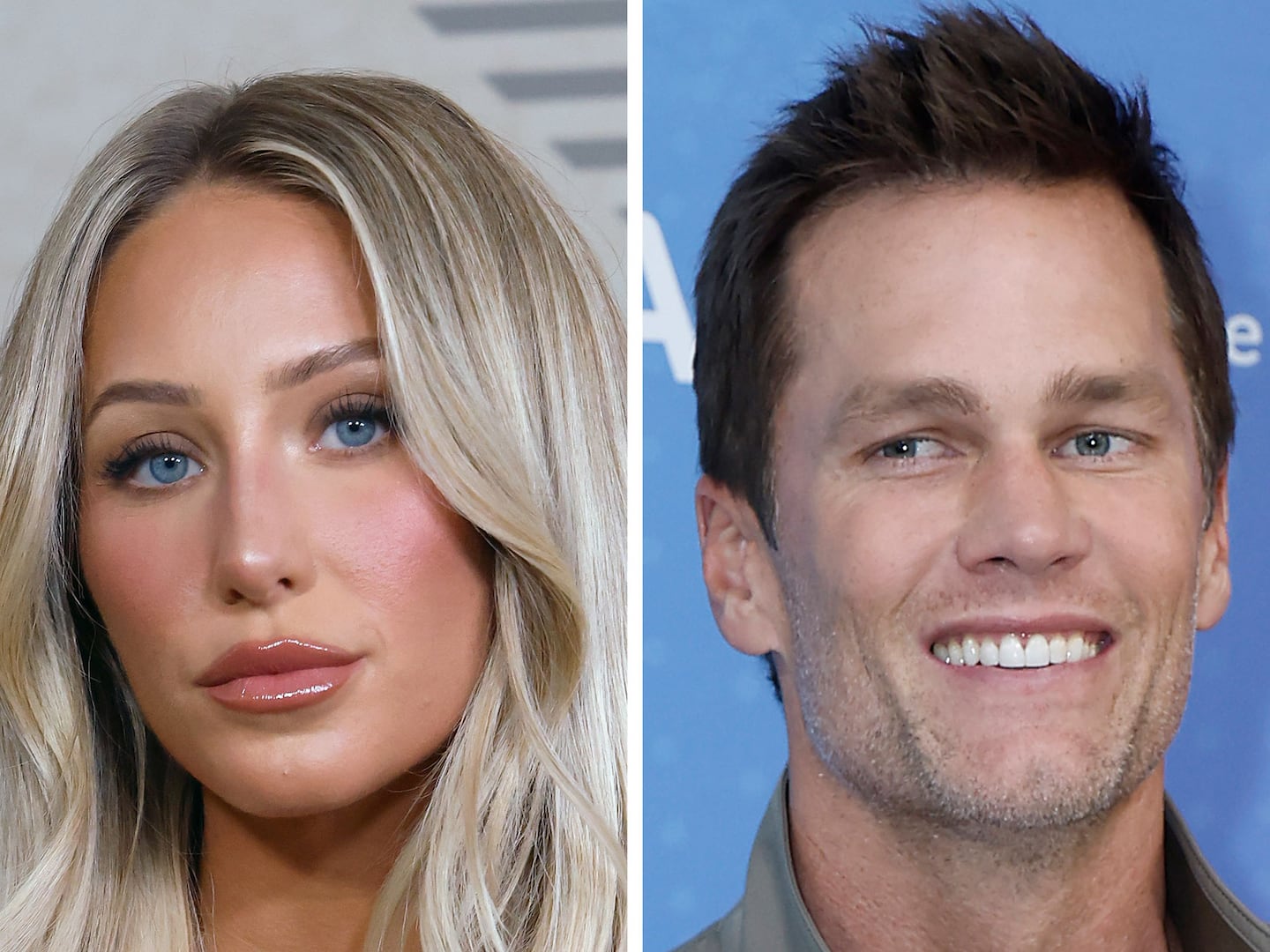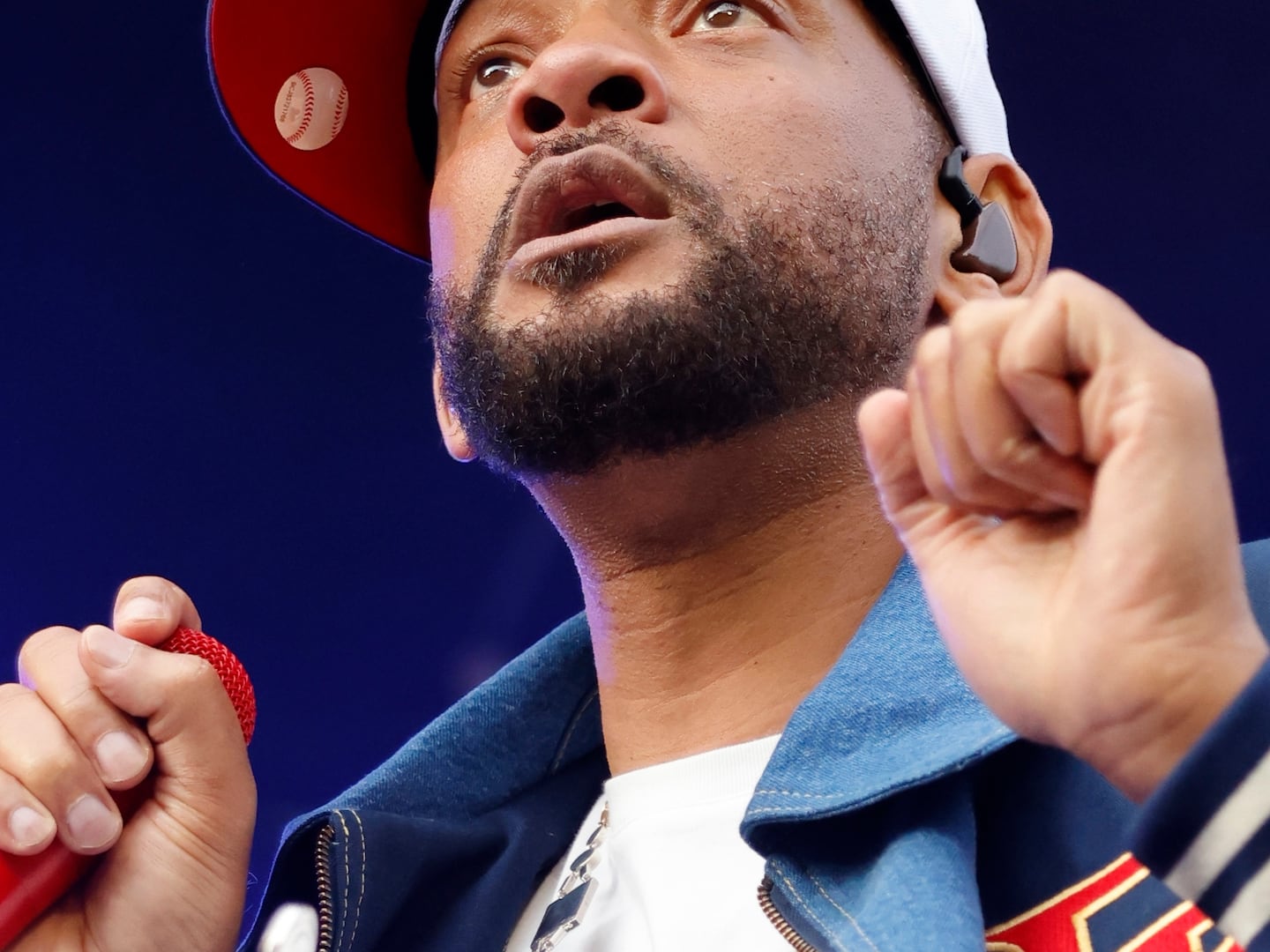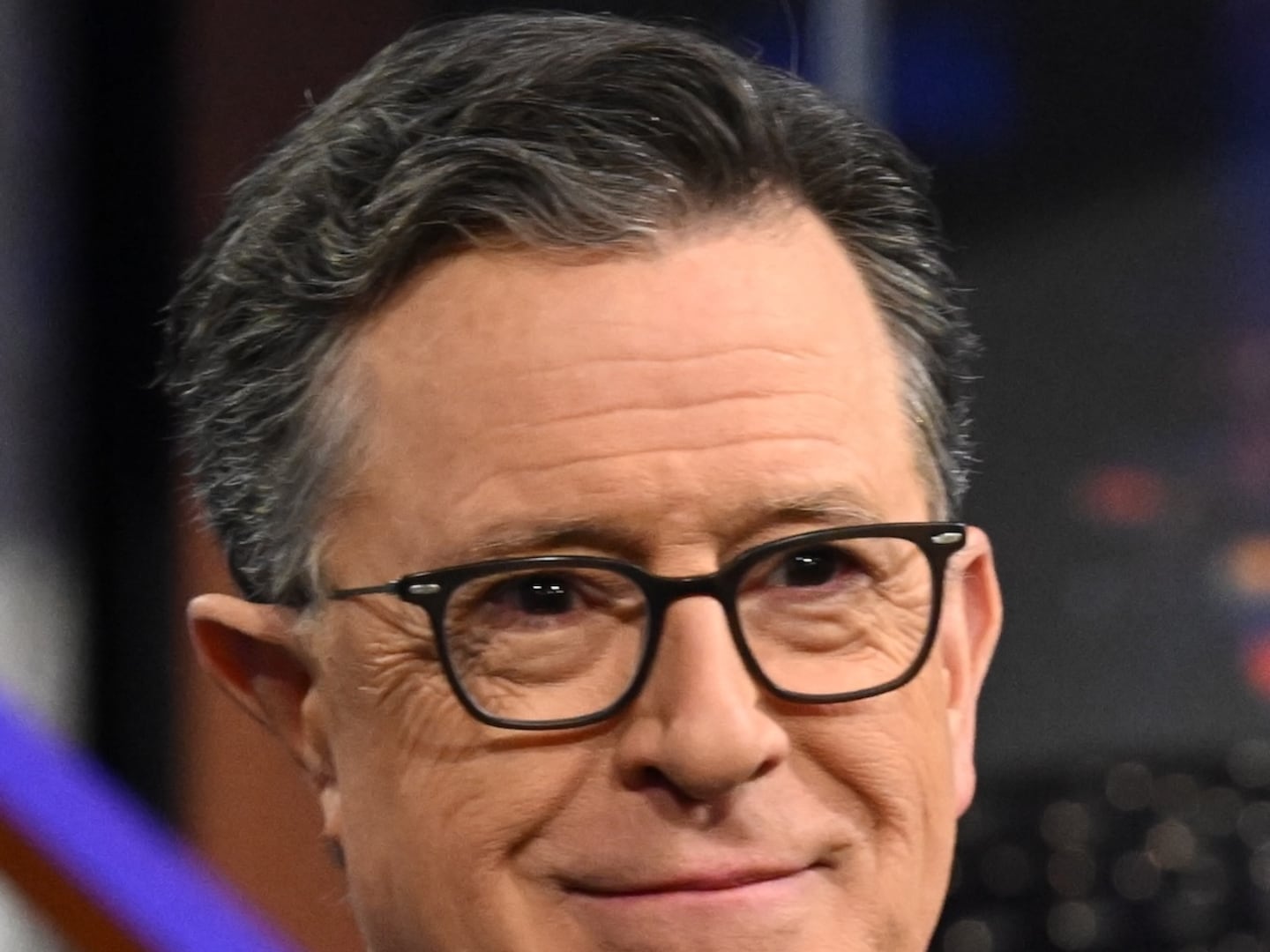Cheryl Strayed knows, just like many of us do, that writing can be an extremely laborious process. This may be shocking to discover, seeing as Strayed has penned a few New York Times bestsellers (Wild and Tiny Beautiful Things), worked on one of the most famous online advice columns of the early 2010s (“Dear Sugar”), and still releases a monthly Substack newsletter that offers life tips. But yes, Strayed is honestly just like the rest of us—writing is tricky for her, too.
But if you’re not squeezing every muscle in your brain to eke out the best possible piece of writing you can produce, what’s the point of writing at all? (Well, some writing might not be that unpleasant. Often, though, great writing can come from tenderness.)
The writing Strayed and I are talking about is Tiny Beautiful Things, a Hulu series adaptation of her 2012 collection of pieces from her “Dear Sugar” column in The Rumpus; Strayed served as a writer and executive producer. While the book has a steady influx of non-fiction essays guiding readers through life, the show shines a light on portions of Strayed’s own life. The story of Clare (played by Kathryn Hahn and, in flashbacks, Sarah Pidgeon) echoes some of Strayed’s past—her mother’s passing, getting married young, struggles with her father—but still strays away at some points to form a new character.
Along with diving deep into some old wounds in her life, Strayed encountered another tricky dilemma while working on the show: How do you turn a book of over 50 sprawling advice columns into a limited series of just eight episodes?
“It was really important that the columns you hear in the show at least sound like the columns I wrote,” Strayed tells The Daily Beast’s Obsessed over Zoom. “It was, like all of the processes of writing, a painful thing. It was like, ‘But that whole paragraph would be better there!’ “That’s the book writer in me. The TV writer in me understood that sometimes, it’s just the one phrase or line that can base the meaning of the whole column.”

Kathryn Hahn, Quentin Plair, Cheryl Strayed and Liz Tigelaar of Hulu's 'Tiny Beautiful Things.'
Maarten De Boer/GettyMore important than including any singular column was finding Strayed’s signature Sugar voice throughout the show. It was so crucial, in fact, that Strayed even opted to include an essay that came long before both “Dear Sugar” and Tiny Beautiful Things. “The Love of My Life,” which details Strayed’s life following her mother’s passing, is an essay we frequently see young Clare writing throughout the show. Originally published in The Sun Magazine in 2002, it was integral to the creation of Sugar—which is why it’s scattered throughout the show.
Ahead of the show’s premiere on April 7, Strayed answered all of our other burning questions about Tiny Beautiful Things—from which phenomenal actress will play her next to if there’ll be a second season—and the somber timelessness of her aching, beautiful column.
You’ve been played by Kathryn Hahn, Sarah Pidgeon, Nia Vardalos, and Reese Witherspoon in various adaptations of your work. Is there any other actress you want to play you in the future?
What’s funny about that question to me is that I was never one of those people who was always like, “Who’s going to play me in a movie?” People play that game, but it never occurred to me that anyone would play me in a movie until someone was like, “Oh, Reese Witherspoon is going to do [a movie based on her memoir Wild].” Okay! I’m going to start at the top.
I don’t have any designs on any particular actresses, but I will tell you that it’s been a mind-blowing honor to be played by the women who you just listed. They’re all so talented, and they bring to the role their own wisdom and strength.
I already love Kathryn Hahn, but I was so blown away by Sarah Pidgeon.
Isn’t Sarah extraordinary? And so many of her scenes are so close to my heart, because that’s the piece of the story that’s the most autobiographical, in terms of really drawing upon my life.
This is now the second time you’ve adapted one of your literary works for the screen. Did you learn anything from working on 2014’s Wild that you brought to Tiny Beautiful Things?
With both Wild and Tiny Beautiful Things, I knew from the beginning that my work—the thing I made—were those books I wrote. Those were my sole creations. Nothing that would happen to them on the screen would change that work. What I got to do with both projects, and I was very involved with both, was to have a free and open heart and a sense of excitement. Now, here are these other artists who want to collaborate with me on a different vision, an adaptation, and interpretation of something that I made by myself.
Part of why they welcomed me in with such wonderful open arms is [that] I never came in as the diva. I said to the whole writers’ room on day one: “I’m an apprentice. This is my first TV show. And I am here to learn and to share and to give you what I can, as somebody who obviously does have a deep understanding of this work, but also to listen and see what we make together.” I never let go of that. That’s what makes adaptations so fun. It is such a collaboration.

Kathryn Hahn and Rae Pierce-Kincaid in 'Tiny Beautiful Things'
Jessica Brooks/HuluWere there any other TV shows that inspired Tiny Beautiful Things? There aren’t many—if any—TV shows based on advice columns, so it does feel unique.
It began with these conversations with Liz Tigelaar, the showrunner and creator, about really not wanting it to be the expected—each episode, you follow the letter writer. There are all these different, more traditional approaches we could’ve taken. But what we kept returning to, from the very beginning, is that the key to my work as Sugar is that the column is really about exploring humanity and answering the big questions about what it means to be human.
Inevitably, in giving advice, I think about my own life and often share stories from my own life. So we thought, “What if we really just told a story about this character who is offering others wisdom while also seeking it for herself?”
In the episode based on “The Ghost Ship That Didn’t Carry Us,”, you’ve got Clare thinking about the different ways her life could’ve played out. She’s envisioned hiking on a snowy mountain in another life. I just want to make sure I’m correct in assuming that’s a callback to Wild.
Of course it was! I was in the writers’ room, and I was one of the writers on the show as well as an executive producer. Are you kidding me? Yes! It was absolutely [a callback]. And that’s from the column, too. What I said in that column is: Listen, if I didn’t have kids, I’d get to bicycle across Mongolia. We decided to make it Mongolia instead of a mountain in Iceland, as a little callback to Wild.
So you’re also adapting “The Ghost Ship That Didn’t Carry Us” column into a TV show.
In so many ways, that’s what this character is. Liz always says that our Clare is me, if I hadn’t hiked the Pacific Crest Trail. We share these formative experiences that you see with young Clare. Then, [Clare] made one decision, got married, and had a baby younger than I did. [She] didn’t ever answer the call to be a writer, and then I made a different decision. In so many ways, the show is like the ghost ship that didn’t carry me.
Did you reference that specific advice column throughout working on the show?
Not on a totally conscious level. Pretty early on in the writing for the show, Liz did say, “Cheryl, it’s like you didn’t hike the Pacific Crest Trail, and you didn’t write your first and second book!” So much of what has made Clare suffer at this point in her life—the reason she, at 39, feels unmoored—[is] there’s all that surface stuff like her marriage, and grappling with her teenager who’s going to be leaving the nest soon. But at her core, she didn’t listen to the truest inner voice within her. Way back in her twenties, [the voice] told her: “You are a writer. And you have a story to tell.”
It doesn’t mean that marriage was a bad idea or that she regrets her whole life. It just means she didn’t follow the truest path. And I did. In a lot of ways, I’d say that “Ghost Ship” idea really formed our approach. And the reverse, too, because I was like, “This character has to be formed by the things I was formed by.” Those things we see, the death, the mother, the father, the growing up poor in a rural environment, the young marriage—that stuff has to be the stuff that makes this character, because she draws from those experiences and wisdom gained from them in her advice.

Laura Dern and Reese Witherspoon pose with author Cheryl Strayed at the Los Angeles premiere of 'Wild.'
Danny Moloshok/ReutersHow hard was it to whittle down a huge collection of advice columns into the few spotlighted in this series?
It was a tricky process! There’s two problems. There are way more columns in the book than we could fit into eight episodes. Then, as you know if you’ve read the columns, most of the columns are quite long. You have to be so concise in voiceover in film and television, [whereas] in a book, you don’t have to be. A lot of times, television writing is such a collaborative process. Whoever was writing that particular episode would find the piece of that column and put it in, and I’d go, “No, no, no! But there’s this other great line! Let’s put that in there.”
I know this is a limited series, but if the masses demand that we must come back and give you more Sugar, as Liz and I have both said, sign us up! We’re all in.
What’s it like when you return to these columns, both in the context of the show and in a more general sense?
Obviously, in the course of making the TV show, I read many of the columns. I was amazed, honestly—maybe I shouldn’t say amazed. I was really gratified to see that what I knew to be true was true, and that is there’s a timelessness to our deepest questions. Most of the “Dear Sugar” questions are not tied to what is happening right now in the culture. Most of them are: “My heart is broken and I’m never going to find love again.” Or, “Somebody I love cheated on me.” Or, “I don’t know what to do with my terrible mother or my terrible father or my annoying brother or my neighbor who I accidentally slept with.”
Whatever it is, those things happened. They happened 300 years ago, and they’re probably going to be happening 300 years from now. What I found when I read it again was that there’s nothing in there that’s not really true anymore.
In the show, we see Clare grappling with her answers, thinking she may have provided faulty advice. Did you ever feel the same way?
I still write the column once a month. I have a Substack newsletter. I still am like, “Okay, I don’t have the answers!” What I have is a perspective and the ability to pay really close attention to the question that’s been presented to me, and dismantle, excavate, and illuminate it. I always like to say that I find the questions that sit beneath your questions. My job isn’t to be like, “Here’s what you should do.” Of course, sometimes, I do say that. Sometimes I do know what you should do.
But a lot of times, I’m like, “Let’s dig into this. Let me share with you something that might illuminate the situation you’re in right now so that you can answer your own question.” Part of this is really embracing that you don’t have to be an expert to be wise. There are professionals out there—like therapists and psychologists and psychiatrists—who help people with mental health issues and their personal struggles. They’re absolutely so valuable. But the role I have, or the role your best friend has, or the role a stranger on the street has, is to say, “Here’s my perspective. You make with it what you will.” What I can promise you as Sugar is that I’m going to try really really hard, in an open-hearted way, to consider your struggle and try to help you through it.
A lot of people use your columns for self-help, even a decade after they were published online. But while the rest of us go to Tiny Beautiful Things, what do you go to for that guidance?
[There’s] not anything where I’m like “this book” or “this person.” All of literature. The reason that I tell stories from my life in Dear Sugar is that stories have saved my life. They really have. I’m not being hyperbolic. We talk about the power of art, the power of stories, and it sounds really nice and everything. But in an actual, real way, at the times where I’ve been in my darkest hours and deepest despair and most profound confusion and bewilderment, in the pages of books—sometimes on the screens of movies and television—those human stories that are told tell me that I’m not alone and I can go on. Growth and evolution and change and compassion and gentleness is possible.
Obviously I have an amazing husband, “Mr. Sugar,” I call him in Tiny Beautiful Things. He’s a wonderfully supportive person. I have amazing friends who I would be lost without. And I have art, which is a deep consolation to me.
You briefly touched on this, but do you think there’s more of Clare’s story to tell?
I know there’s more there. There’s a whole book of essays and advice columns that there’s so much more story to tell. Absolutely, I would love to keep going with this story.
